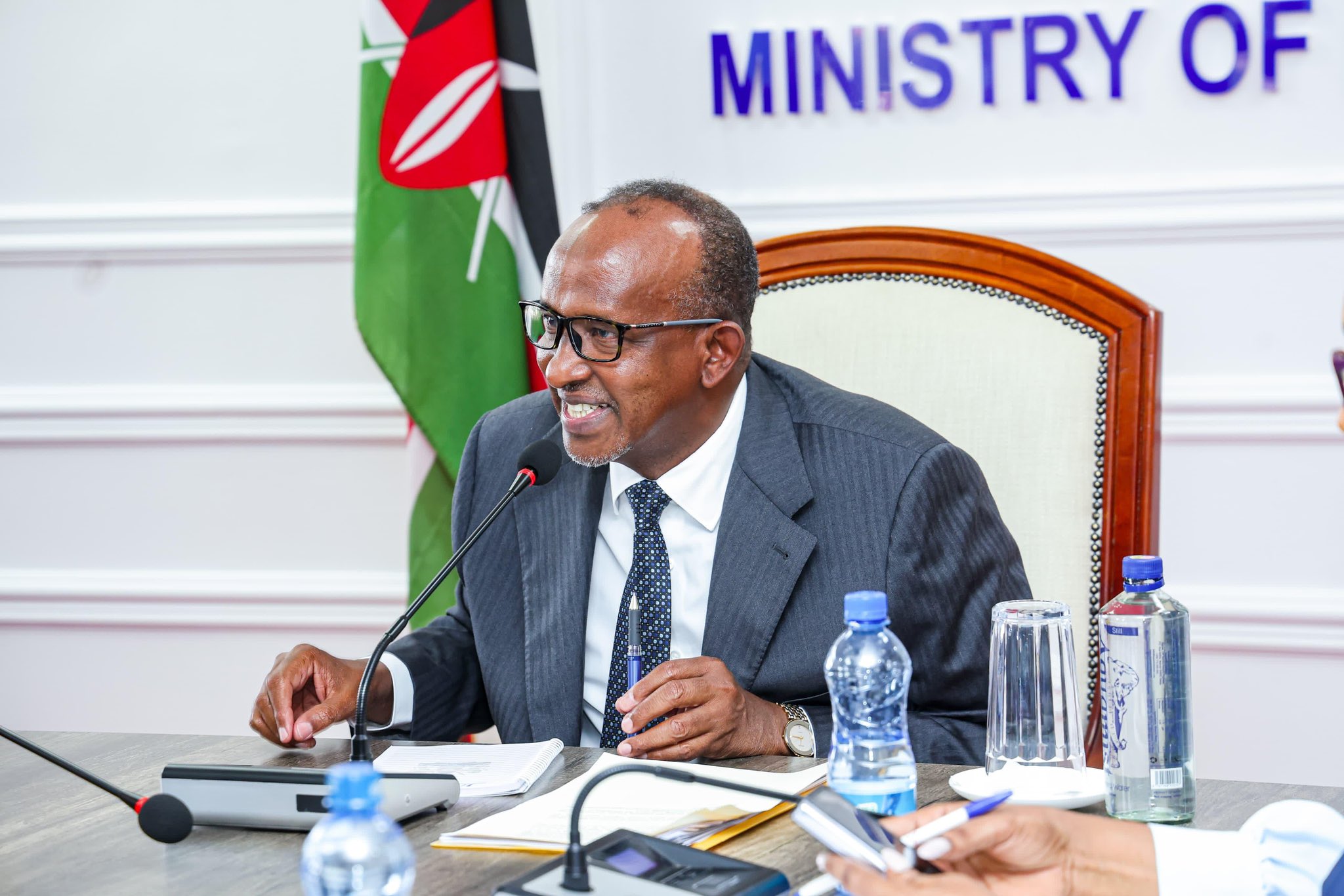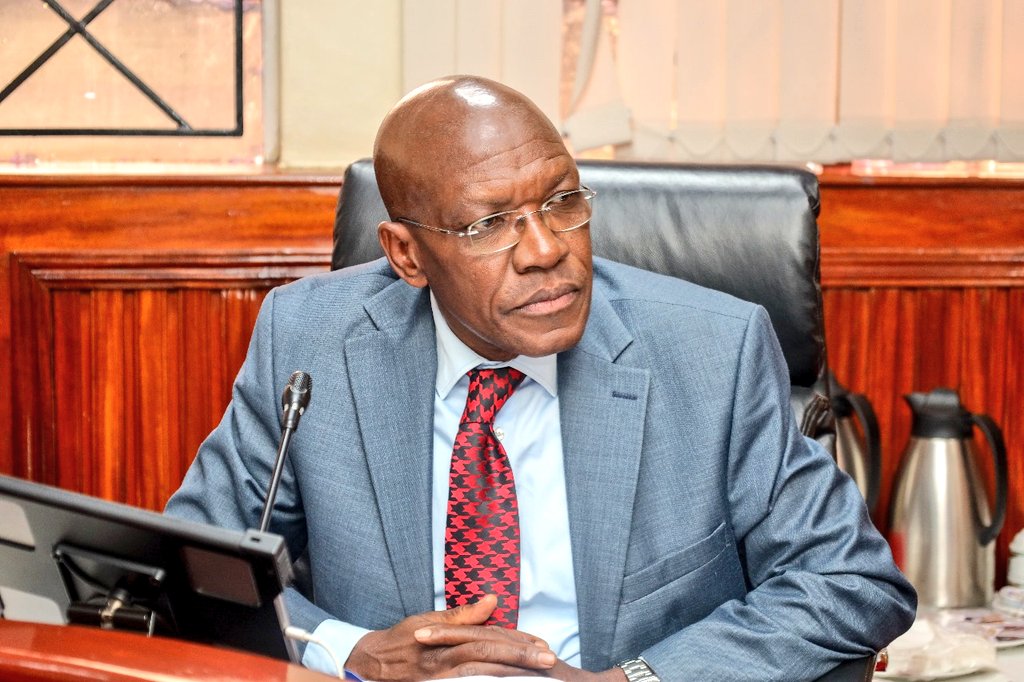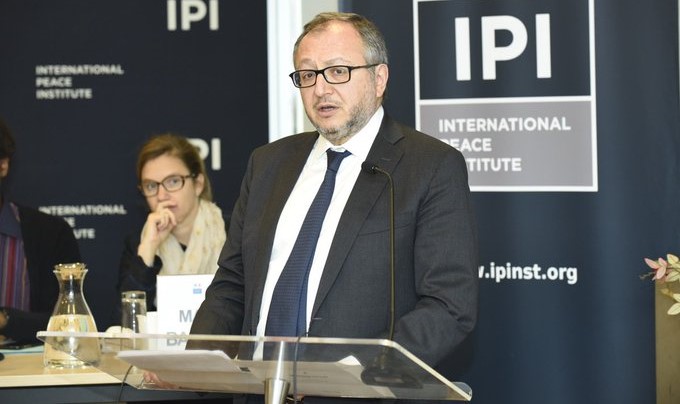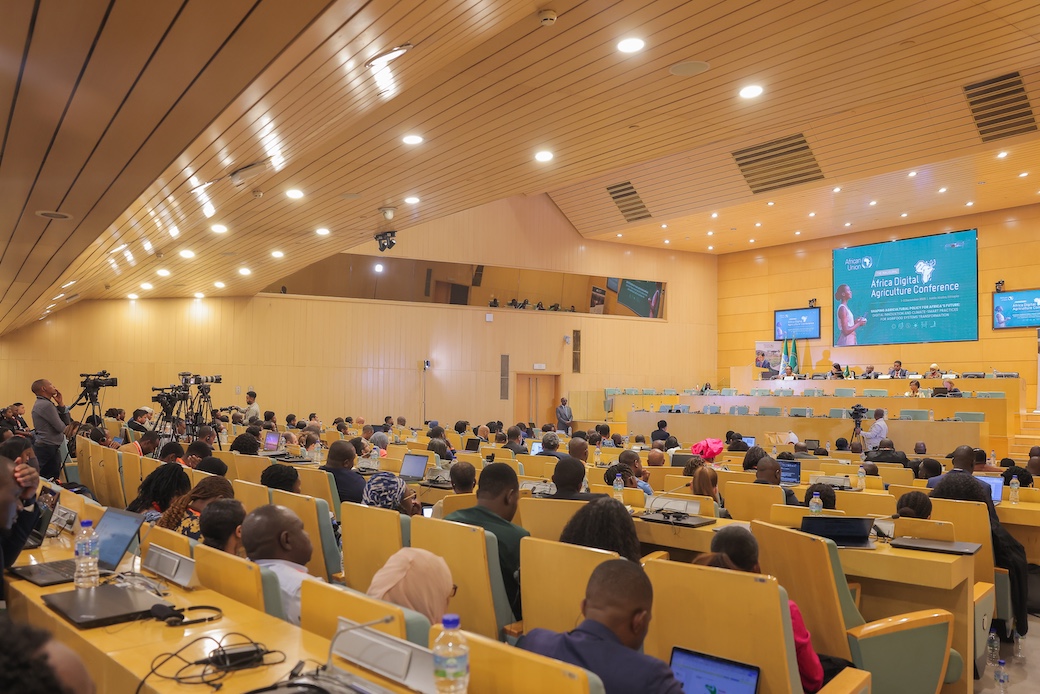Kenya launches public health institute to boost emergency response, centralise disease surveillance

The KNPHI, established through a legal notice, provides Kenya with a centralised platform to coordinate health intelligence, risk detection, and national response strategies.
Kenya has officially launched the Kenya National Public Health Institute (KNPHI), marking a major milestone in the country’s journey towards a more resilient and responsive health system.
Thirteen key functions and programmes have been transferred from the general health sector to the new institute, including emergency preparedness and response, disease surveillance, public health laboratories, and emergency operations centres.
More To Read
- Young people must lead HIV fight, says PS Ouma Oluga
- Kenya steps up border checks as Ethiopia confirms outbreak of Marburg Virus Disease
- Governors sound alarm as 934 newborns die amid funding row in health sector
- Counties decry handling of hospitals under SHA, accuse Health Ministry of overreach
- Ruto orders all hospitals to report every maternal and child death
- Senate Committee moves to ban detention of patients, bodies over unpaid medical bills
This move represents a significant shift in how public health will be managed in Kenya, bringing essential services under a unified institutional framework. The aim is to strengthen coordination, eliminate duplication, and improve the country’s ability to prevent, detect, and respond to health threats.
Speaking at the launch, Health Cabinet Secretary Aden Duale emphasised the importance of learning from past public health crises.
“Having learnt from the COVID-19 pandemic and the Ebola outbreaks in neighbouring countries, preparedness cannot be overemphasised,” he said. “These experiences have taught us painful but valuable lessons—that no country is immune to global health threats, and that strong, responsive institutions are our first line of defence.”
He was joined by Principal Secretary Mary Muthoni, Director-General Patrick Amoth, and other senior health officials, all of whom reiterated the urgent need for a robust and modern public health system.
“We are committed to building a resilient healthcare system. The past few years have shown us the importance of being proactive. Institutions like KNPHI ensure that we are not only reactive in crises but that we are continuously strengthening our systems,” he said.
The KNPHI, established through a legal notice, provides Kenya with a centralised platform to coordinate health intelligence, risk detection, and national response strategies.
Globally, national public health institutes play a critical role in aligning policies with international standards and ensuring health threats are addressed swiftly and efficiently. Kenya’s institute is expected to do the same.
According to the CS, the creation of KNPHI marks the beginning of a new era in the country’s public health management. “The days are gone when we ran public health affairs in silos or in secrecy. Leadership today demands transparency, decisiveness, and collaboration across sectors,” he said.
In November 2024, the Ministry of Health initiated a restructuring process to streamline various institutions within the sector. As part of this process, thirteen divisions and programmes—ranging from epidemiology and surveillance to emergency operations and laboratory services—were identified and gradually transferred to KNPHI.
This move reflects a broader effort not only to consolidate functions but also to improve effectiveness in health service delivery.
CS Duale called on all government ministries, development partners, and the public to support the full transition and success of KNPHI.
“The institute is working to expand partnerships and build a sustainable future. I urge every Kenyan to support the human resource needs of this institution. We must ensure it is well-resourced, both financially and technically, to fulfil its mandate,” he said.
He added that the success of KNPHI will directly contribute to Kenya’s Universal Health Coverage (UHC) goals.
“This programme will not only help safeguard our population, but it will also make Kenya a leader in the African health sector. Other countries will come here to learn from our model. We are committed to creating hope and trust in the health system—making sure every Kenyan knows their health is in safe hands.”
As the country steps into this new phase of public health management, the institute is poised to become the central engine for disease surveillance, outbreak response, research, and coordination. Backed by strong leadership and stakeholder support, the institute is expected to play a transformative role in reshaping Kenya’s health landscape.
“Let us all rally behind this initiative. Let us build institutions that are strong, responsive, and trusted. KNPHI is a step in the right direction—and a promise to future generations that we will never be caught unprepared again.”
Top Stories Today












































